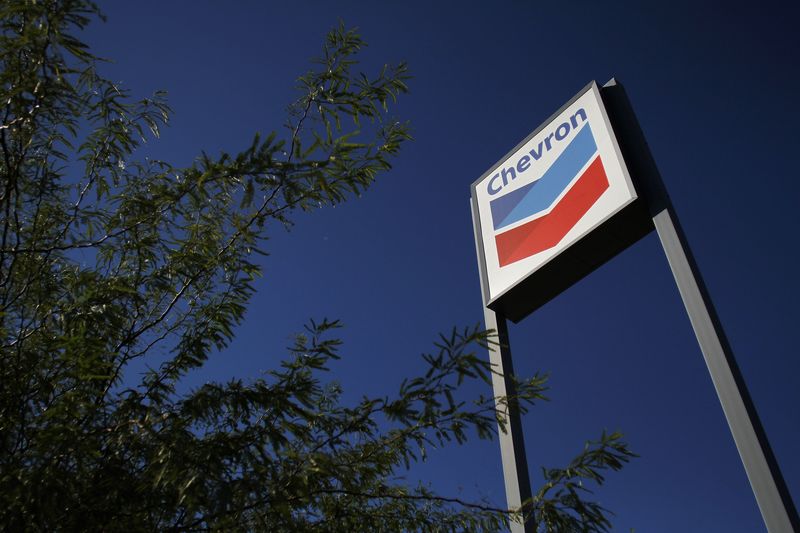Exxon Mobil (NYSE:XOM) and Chevron (NYSE:CVX), the U.S.'s largest oil corporations, are investing over $50 billion each into acquiring smaller entities such as Pioneer Natural Resources (NYSE:PXD) and Hess (NYSE:HES). This move is aimed at enhancing their oil and gas production in regions like the Permian Basin. These investments come in stark contrast to the International Energy Agency's (I.E.A.) prediction of peak fossil fuel demand by 2030 due to increased electric vehicle sales and renewable energy usage.
The I.E.A., which was founded during a 1970s oil crisis by the U.S. and its allies, views these investments as misguided in light of the rapid growth in renewable energy and electric vehicle sales. Despite this, oil giants continue to concentrate on fossil fuel drilling and processing, with minimal attention given to alternatives like wind and solar power.
Exxon's acquisition of Pioneer Natural Resources for $60 billion will significantly expand its presence in the Permian Basin. On the other hand, Chevron's proposed purchase of Hess represents a bet on deep-water production off Guyana's coast.
These deals are taking place amidst concerns about future oil supplies from volatile regions like Russia and Venezuela. Executives maintain that these consolidations will enable more substantial investment in carbon capture technology and cleaner fuels like hydrogen.
Nevertheless, experts warn of risks associated with these deals, particularly if oil prices fall sharply. They argue that these companies are consolidating at the top of the market, which could lead to financial struggles if the I.E.A.'s predictions about falling oil and gas demand come true.
This article was generated with the support of AI and reviewed by an editor. For more information see our T&C.
